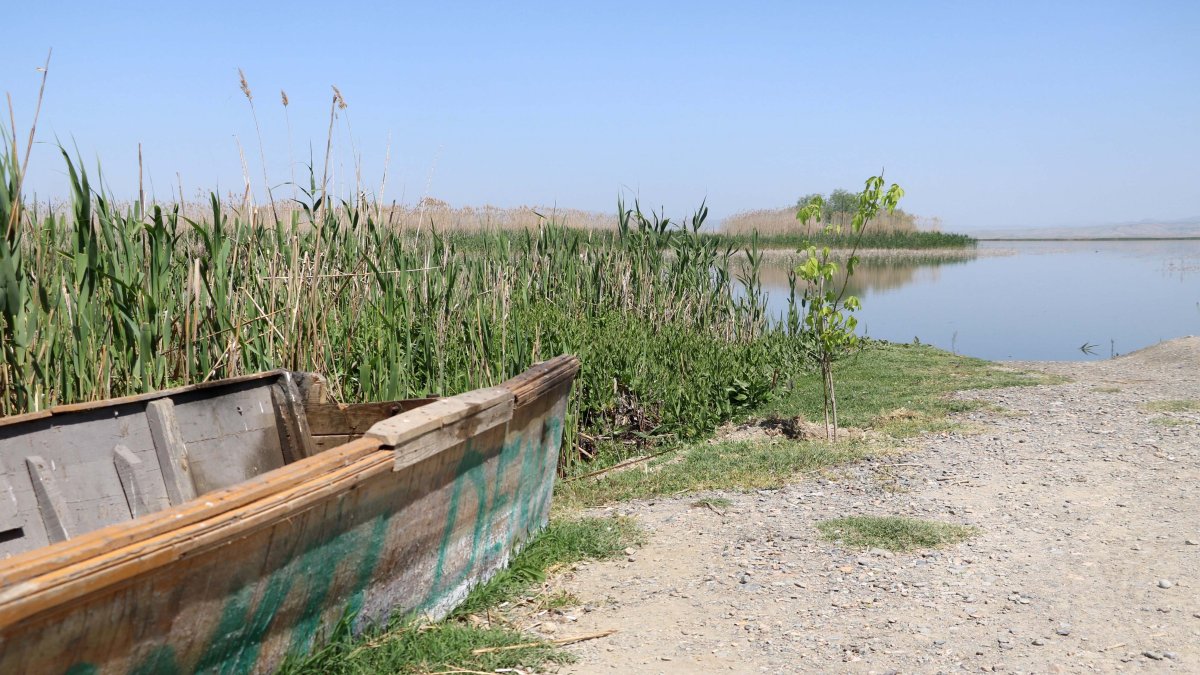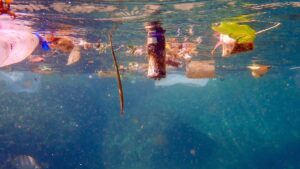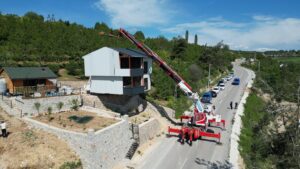The water level of Lake Eber in Afyonkarahisar, ranked as Türkiye’s 12th largest lake, has dropped to just 1.5 meters (4.92 feet). Professor Uğur Cengiz Erişmiş from Afyon Kocatepe University (AKÜ) stated that around 22 million tons of water are being illegally extracted from the lake annually and warned that the water level could fall to as low as 0.75 meters by September.
Located within the boundaries of the Çay, Bolvadin and Sultandağı districts of Afyonkarahisar, Lake Eber is home to many endemic plant species and animal populations. Due to uncontrolled agricultural irrigation and drought, the lake, which has tectonic origins and dates back to the last ice age, has seen a significant decrease in water levels compared to previous years. As a wetland of national importance and Türkiye’s 12th largest lake, Lake Eber now faces the risk of drying up. While it had depths of 10 to 15 meters in 1993, its water level has now fallen to around 1.5 meters.
Erişmiş said that although the Ministry of Agriculture and Forestry allows 11 million tons of annual water use from the lake, data from 2022 shows that 33 million tons were withdrawn due to unauthorized usage. “There has been nearly continuous rainfall for 10 days during April and May. Rain continued afterward as well. This brought a slight increase in water levels.”
He continued, “However, we should not expect the lake to return to levels seen in the 1990s or even to meet expectations for 2023 or 2024. Though there is some water now, due to rising temperatures and unregulated agricultural activities like wild irrigation, we can expect the water level to decrease.”
Erişmiş emphasized the need to stop illegal irrigation and noted that efforts are ongoing in this regard. “According to official figures, the surrounding areas – Sultandağı, Çay, Bolvadin, and Çobanlar are permitted to use only 11 million tons of water annually. The authorities tell us, ‘If you want to preserve Lake Eber for future generations, you must limit usage to 11 million tons per year.’ However, data from 2022 available publicly online shows that 33 million tons are being used annually. So, in effect, we are constantly consuming beyond our limits. We’re using up our natural credit, and this excessive use is contributing to the decline in water levels.”
Erişmiş warned that if the 22 million tons of lost water is not conserved and if central irrigation systems are not implemented, Lake Eber could face the danger of drying up.
“Currently, the deepest part of the lake has an average depth of about 1.5 meters. In 2014, it was between 3.5 and 4 meters deep. I remember back in the 1990s, around 1993, during my doctoral research, the lake had a depth of more than 10 to 15 meters. In the Derekarabağ area, for instance, there were mosques near the shore where docks had been built, and people used to enter the lake from there. Now, due to evaporation and wild irrigation, this current depth of 1.5 meters could drop to as low as 75 centimeters by September,” he outlined.




















































Be First to Comment